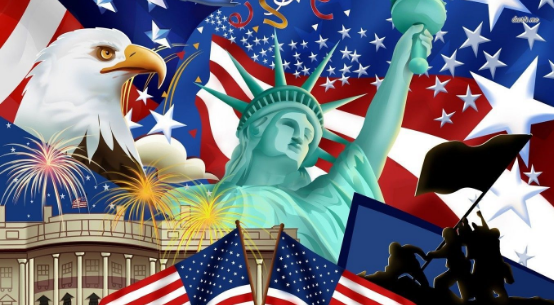The geopolitical context and significance of China’s embrace of Iran
It’s said God created war so Americans could learn geography. I doubt I’ll see the lesson learnt in my lifetime, perhaps not even in God’s lifetime. Without a firm grasp of geography, an understanding of geopolitics also seems to elude American policy makers. Two of the key geopolitical lessons of history are my enemy’s enemy is my friend, and outcasts will band together.
To buy our online courses: Click Here
It required Henry Kissinger, with his magisterial grasp of European history and towering intellect, to wean China away from the Soviet Union. Since the end of the Cold War, Russia’s interests have been serially disrespected by a triumphalist US with NATO’s eastward expansion, military intervention in Kosovo, constitutional coup in Ukraine etc. With China declared a long-term strategic threat by President Donald Trump, Presidents Vladimir Putin and Xi Jinping have been drawing ever closer together in a global anti-US axis.
Read More: चीन को जवाब
Historically China has been a continental land power with no power projection capability. The US is a vast maritime power and still the reigning world power. But its political system is broken and may well be beyond repair. While Chinese self-confidence and national pride has grown, the entire Western world seems wracked with self-doubt and convulsed with identity-based culture wars. China’s ambitions have expanded to encircle the world with the Belt and Road Initiative. As its global economic and geopolitical interests grow, so too will its military footprint. It’s in this context that the 25-year China-Iran comprehensive strategic partnership of March 27 becomes significant.
The 2015 Iran nuclear agreement was a good deal. Neither side got everything it wanted but each got enough to have a stake in its success. A decade of toughening international sanctions had failed to stop Iran’s rapid gains towards nuclear-weapons capability (sanctions rarely work). Its centrifuges multiplied from 164 in 2003 to 19,000 in 2013 and its stockpile of enriched uranium grew to 10,000 kg. The 2015 deal destroyed most of the uranium and centrifuges, dismantled much of the nuclear infrastructure, instituted exceptionally tough international inspections, and suspended the twin threats of an imminent Iranian bomb and US strikes on Iran. Trump’s exit from the deal pushed Iran back into isolation and into China’s welcoming embrace.
The weight of history suggests a China-US war is more likely than not because of the Thucydides Trap in which rising powers clash with established powers. China has no historical or philosophical tradition of great power behaviour in a system of great powers. Its tributary heritage, whereby vassal states pay homage to the Middle Kingdom, may go some way to explaining its difficulties with several neighbours, including India and Japan most consequentially for Asian and world peace. The US too lacks a tradition of operating in a system of great powers. It did learn to behave with some circumspection towards Moscow during the Cold War, deal with it on terms of parity and enter into agreements, understandings and practices to reduce possibilities for unwanted military conflict between the two nuclear superpowers. But since the Soviet collapse an entire generation of US political leaders and officials have been socialized into dealing with Russia with disdain as a defeated, impoverished and shrunken has-been whose interests can be totally ignored. Well, as Kissinger said, a great power doesn’t retreat forever.
For over two centuries, the Middle East has been a playground of the US and European colonial powers. Now Russia has a military toehold in Syria and a looming presence across the Caspian and Black Seas. With this agreement with Iran and its weight as a veto-wielding permanent member of the UN Security Council, China has become a potential diplomatic influencer in the region. It would be wrong to dismiss the China-Iran agreement as substance-free rhetoric, a mere ‘promissory note’. Rather, as my colleague Amin Saikal argues, the agreement between the US-sanctioned Iran and US-pressured China is a potential game-changer. It could also give China strategic leverage to counter the Quad grouping of Australia, India, Japan and the US as Indo-Pacific democracies.





